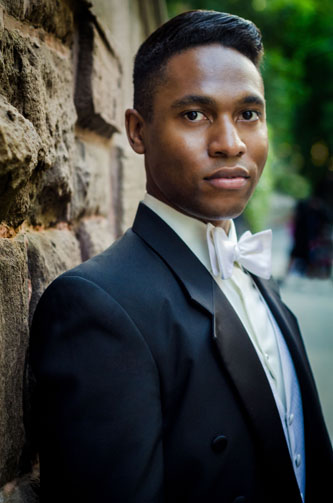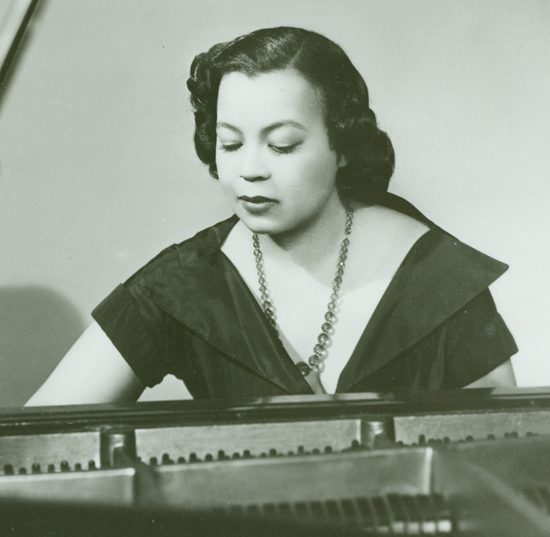Dessoff Choirs brings warm advocacy to Margaret Bonds’ Christmas cantata

We’re entering prime season for amateur and semi-professional choirs; every choir in America will be giving a concert in the next few weeks, to cater to increased demand for carols and other festive music.
The Dessoff Choirs’ Sunday evening performance at St. Philip’s Church in Harlem, entitled “Welcome Yule!,” was for the most part standard holiday fare, including a few sing-along carols and—of course—a closing rendition of the “Hallelujah” chorus from Handel’s Messiah. One rare work, though, offered something different from the usual lineup of seasonal favorites.

The centerpiece of this concert was The Ballad of the Brown King—a nine-part cantata focusing on Balthazar, one of the three magi said to have followed a star to the birthplace of the newborn Jesus. Written by the African-American composer Margaret Bonds in 1954, The Ballad of the Brown King felt especially resonant in this performance at St. Philip’s—right around the corner from the Harlem YMCA, where Langston Hughes was staying when he wrote the text, as music director Malcolm J. Merriweather noted in his introductory remarks. Sunday’s performance marked the premiere of an arrangement by Merriweather himself, for choir, soloists, organ, harp, and a small string orchestra.
Hughes’s verses are not so much a narrative as a reflection of the speaker’s personal connection to the story. The result is a compelling text that mixes a traditional elevated register with a softer voice of innocent simplicity. The sixth section, “Could He Have Been an Ethiope?,” shows a touching vulnerability in the realization that “Of all the kings who came to call / One was dark like me.” This is a powerful moment of personal recognition, which Bonds underlines with dissonant intensity, putting the organ, strings, and voices all in conflict.
The basic quality of Bonds’s musical language is a melodic specificity and sweetness that feels almost cinematic, yet she achieves variety with gestures and effects that feel directly connected to the text. “They Brought Fine Gifts” sets cooing sighs in the strings against an intriguing harmonic tension in the choir, followed by the bright chorale “Sing Alleluia to Our King,” which shows a hint of spiritual influence. The peppy, tart “Alleluia” that closes the piece showcased Dessoff’s sound, which maintains a characteristic warmth even at full volume.
Dessoff engaged a trio of superb soloists for Sunday’s performance: tenor Noah Stewart showed a gorgeous, warm, caramel tone and Laquita Mitchell brought a rich amber soprano of significant weight. We didn’t get to hear much of Lucia Bradford—she sang only in the final “Alleluia”—but she impressed with a plush, dark mezzo-soprano.
From the rest of the program, Dom Gregory Murray’s “Come to Bethlehem” stood out, as Dessoff brought that same warm mixture of sound in a calm hush. Jessie Barbour showed a sweet, light soprano in John Jacob Niles’s “I wonder as I wander.” Of the three carols in which the audience was invited to participate, “Hark! The Herald Angels Sing” held the most interest. A peculiar arrangement by Merriweather with Daniel Fortune began with a booming minor-chord tremolo, then layered the melody in prickly harmonies before beginning the verse.